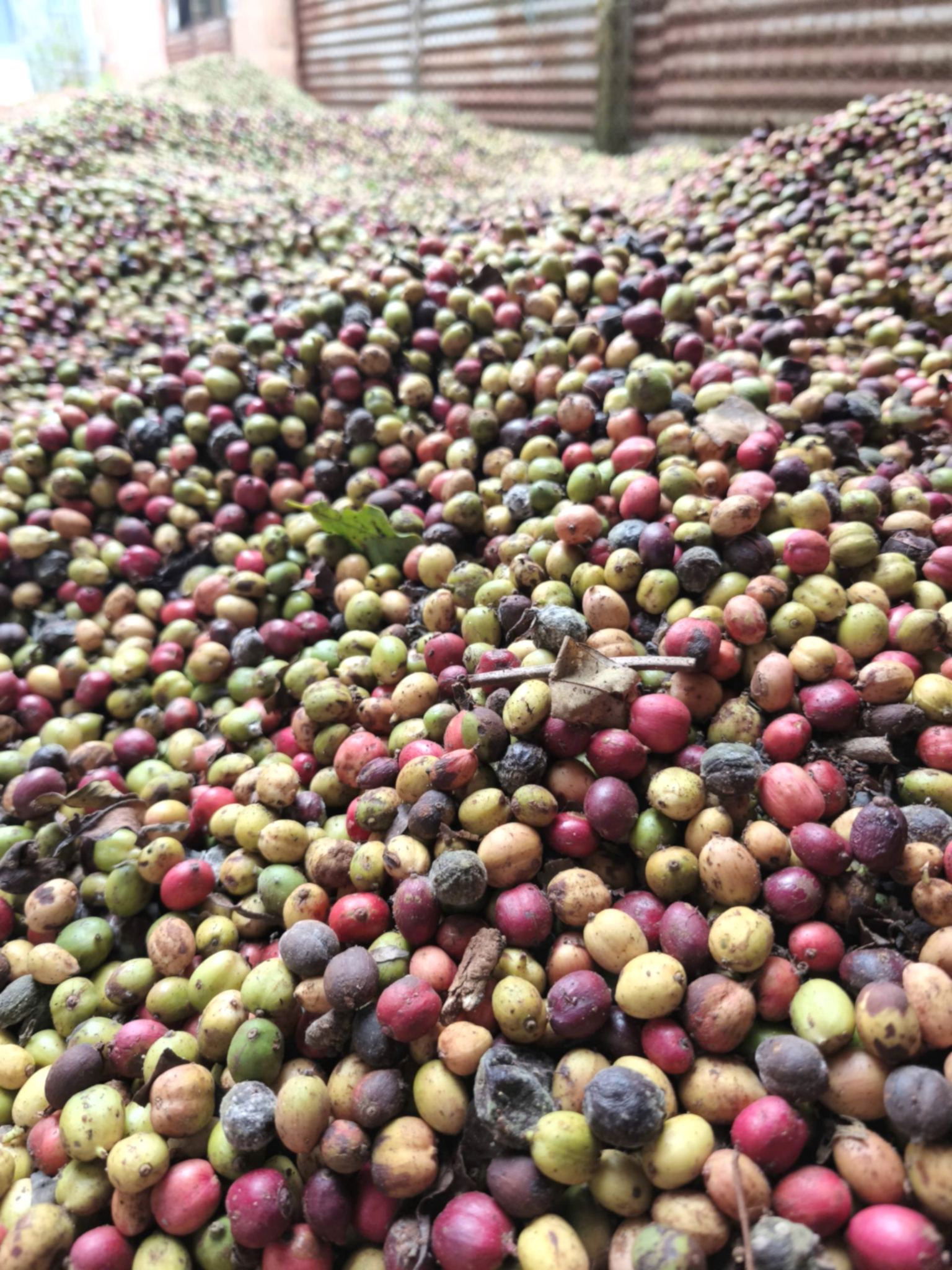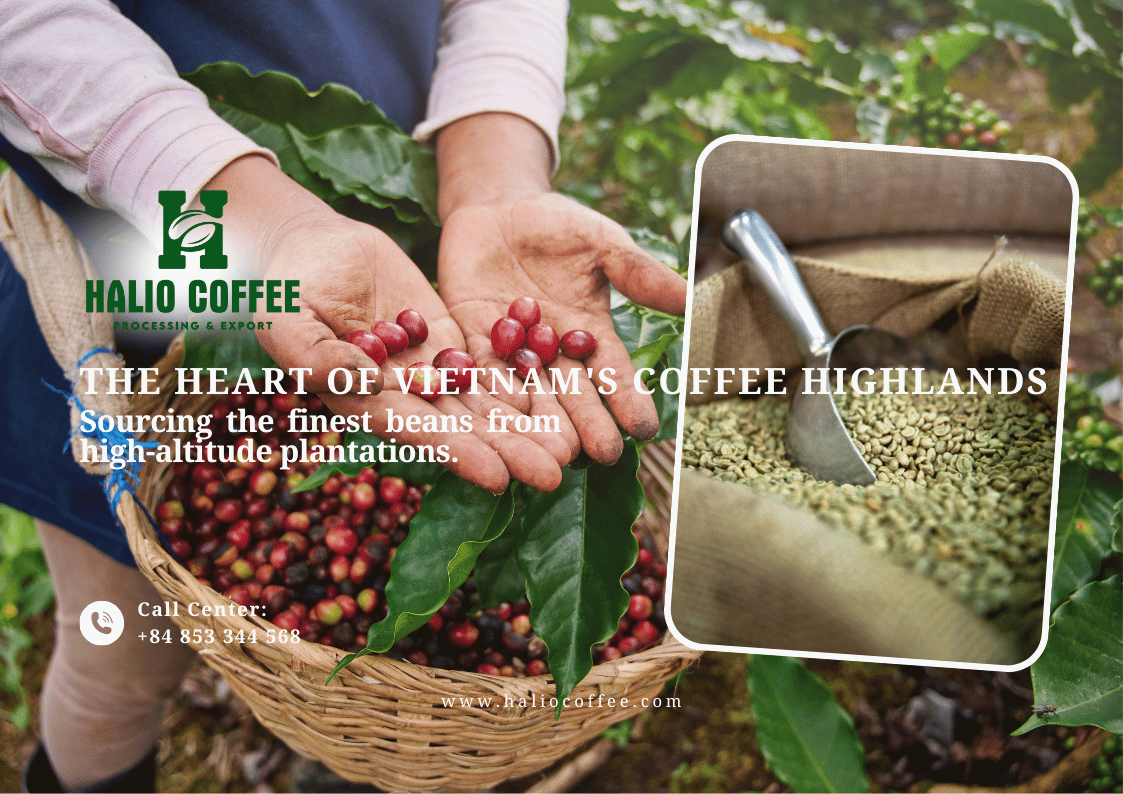Coffee Prices Today, September 1: Sharpest Monthly Surge in Over a Decade
Robusta coffee prices soared nearly 50% in August, while arabica rose more than 34%. Consumers, who have already been paying more for their morning cup, now face further pressure as new tariffs drive prices higher—pushing the coffee futures market to its strongest monthly gain in over a decade.
Global Coffee Price Update
On the London exchange, robusta futures for September 2025 climbed by a total of 47% in August, up $1,600/ton to $5,001/ton. The November 2025 contract increased 44.6% (+$1,484/ton), reaching $4,815/ton.
On the New York exchange, arabica futures for September 2025 surged 34.2% (+101 cents/pound) in August, closing at 396.85 cents/pound. The December 2025 contract rose 33.7% (+97 cents/pound) to 386.1 cents/pound.
According to Bloomberg, this marks the strongest monthly gain in coffee futures since 2014, with consumers facing the dual burden of inflation and trade tariffs.
Tariffs Drive Rising Costs
JM Smucker Co., owner of Folgers and Café Bustelo, announced on August 27 that it plans to raise coffee prices in early winter to offset increased tariff costs. This move signals that retail coffee prices are likely to climb further, following the U.S. government’s decision to impose a 50% tariff on coffee imports from Brazil, the world’s largest producer.
Roasters have already been hit by rising costs as output in Brazil and Vietnam declined over the past year. The new tariffs are adding even more pressure. While some roasters are hesitating to fully pass on costs to consumers, citing fears of weaker demand, many industry leaders believe price increases are inevitable if tariffs persist.
Tim Cofer, CEO of Keurig Dr Pepper Inc., warned in late July that the impact of tariffs would “become more apparent” in the second half of the year. Similarly, Chris Pledger, CFO of Westrock Coffee Co., stated earlier in August that “these additional costs will ultimately be passed on to customers.”
Smucker has already raised coffee prices twice this year, in May and August, which boosted revenue despite falling sales volumes. CEO Mark Smucker admitted that another price increase tied to tariffs could further reduce demand “at a low-to-moderate level.”
The Arabica Market Rebounds
Arabica futures—high-quality beans favored by most U.S. roasters—had fallen to an eight-month low in early August. However, tariffs on Brazilian shipments fueled a strong rebound, with the most actively traded contract surging more than 30% in August, the biggest monthly jump since 2014.
Brazil’s Coffee Market Responds
According to Reuters, Brazil’s Coffee Industry Association (ABIC) reported that roasted coffee retail prices in Brazil—down by an average of 12% earlier in August—are now expected to rise again as green coffee costs climb.
ABIC CEO Celirio Inacio explained that green coffee prices, which hit their lowest in July, have since rebounded sharply due to U.S. tariffs and frost damage in Brazil. Data shows green coffee prices in Brazil surged nearly 25% between July and August, from 2,191 reais per 60-kg bag to higher levels in late August.
“In retail markets, prices have not yet fully reflected this volatility. But if the market continues rising—or even holds steady—higher shelf prices will be unavoidable,” Inacio said.
Brazil remains the world’s largest coffee producer and exporter, and the second-largest consumer after the United States.
Retail Impact in Brazil
In August, roasted coffee prices in Brazilian stores averaged 58.99 reais/kg (about $10), down 12% compared to May’s near-70 reais/kg, when the 2025 harvest helped cool the market.
However, the 50% tariff imposed by U.S. President Donald Trump’s administration on Brazilian goods—including coffee—has raised concerns about supply in the U.S. market and could soon drive Brazilian retail prices higher again.
- Vietnam Robusta Coffee Exporter: Your Strategic Partner for Global Coffee Supply
- Coffee Prices Today, August 27: Robusta Holds Uptrend, Arabica Declines Again
- Global Green Coffee Market Report 2025: Production Dynamics, Technical Processing, and Regulatory Transformation
- Coffee Prices Today 2/10: Robusta Surges Over $200/Ton, Market Buzzes with Activity
- The Definitive Market Map: An Analysis of Vietnam’s Top Vietnamese Green Coffee Export Companies







